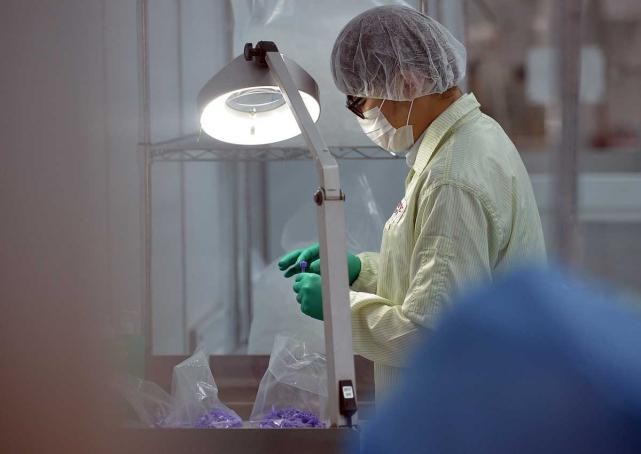Over 20,000 jobs in manufacturing revival: Study

MORE than 22,000 new jobs are projected to be created in the manufacturing sector here over the next eight years, such as data scientists and robot coordinators, a new study has found.
These higher-value positions will pay on average 50 per cent more than current jobs displaced in this period, the study by the Boston Consulting Group (BCG) added.
Observers say a key challenge will be to seize this window of opportunity in the sector by equipping workers to acquire the skills to fill new places.
Manufacturing accounts for a fifth of the Singapore economy. The sector has been hit hard by the current slowdown but recently showed signs of a comeback.
Disruptive technologies have also impacted the sector, with some 23,000 jobs forecast to be displaced by 2024.
Last month, Minister of State for Trade and Industry Koh Poh Koon said the Government will continue to invest in advanced manufacturing to position workers and companies for the future.
The Committee on the Future Economy (CFE), which will release its report early next year, has also identified advanced manufacturing as a key growth sector.
Singapore Manufacturing Federation president Douglas Foo said manufacturing has to remain a core part of the economy.
"If you do not manufacture the goods and services required by the world, and you just offer services, you can't play in the whole value chain anymore and that weakens the entire construct of the economy," he told The Straits Times.
A key focus of the shift to higher-value manufacturing involves adopting Industry 4.0 technologies such as autonomous robots and cloud computing.
BCG's study found companies that adopt these will likely see revenues increase by some 10 per cent.
There will be spin-offs for the wider economy, as manufacturing output could go up by about 9 per cent and labour productivity by some 28 per cent.
Said BCG partner and managing director Michael Meyer: "If we are able to capture that potential, we could see some revitalisation of the manufacturing sector."
The BCG study is based on case studies from 19 industries and assumes firms with at least 500 full-time staff fully adopt Industry 4.0 technologies relevant to their industries over a 10-year period, while smaller companies see 60 per cent adoption.
Michael Tan, a BCG principal and one of the study's authors, said it is crucial for Singapore to ride on the advanced manufacturing wave.
If it does not, it could be left behind as other nations like Thailand catch up.
He said: "There's a relatively short window of opportunity for a small open economy like Singapore to catch this trajectory.
"In industries where Singapore is part of existing supply chains, if we're not careful, we could be displaced.
"But it also opens a window for us to capture things that we are currently not able to do here, if we can do them in a smarter way."
joseow@sph.com.sg

Get MyPaper for more stories.